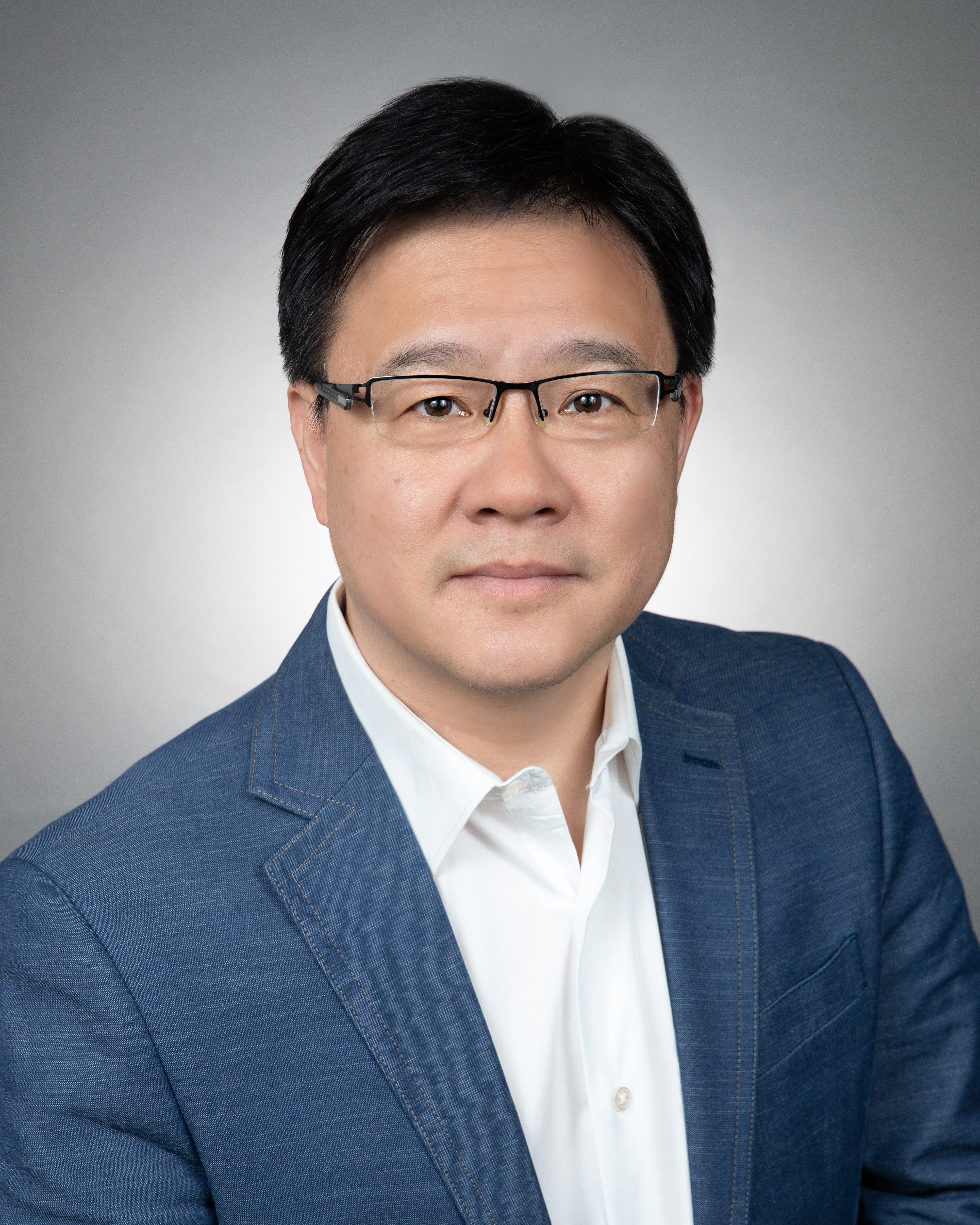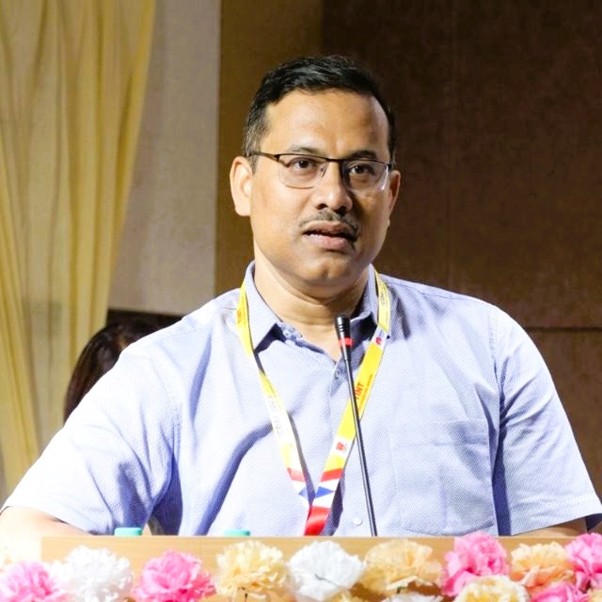Abstract:
RISC-V is an open-source instruction set architecture (ISA) that has gained significant traction due to its flexibility, modularity, and customization options. This tutorial aims to provide a comprehensive overview of the RISC-V ISA, its design methodology, and the design process.
The following key topics will be covered:
-
RISC-V ISA Fundamentals: An exploration of the core elements of the RISC-V ISA, including the instruction set, addressing modes, and privilege levels.
- Customizing the RISC-V ISA: Discussion on the methods and motivations for modifying and extending the RISC-V ISA to address specific application needs.
- RISC-V Design Flow: An introduction to the design flow of a RISC-V processor, including microarchitecture design, register-transfer level implementation, verification, and synthesis.
- RISC-V Toolchain and Ecosystem: An overview of available tools within the RISCV environment, including compilers, assemblers, linkers, simulators, and debuggers.
- RISC-V Applications and Use Cases: A review of various applications and use cases for RISC-V, including examples from AI on edge, embedded systems and high-performance computing.
The tutorial will be led by a team of experts deeply engaged in RISC-V research, development, and application, providing participants with valuable insights and practical knowledge. Attendees will leave with a solid understanding of RISC-V architecture, design, and its application potential.





